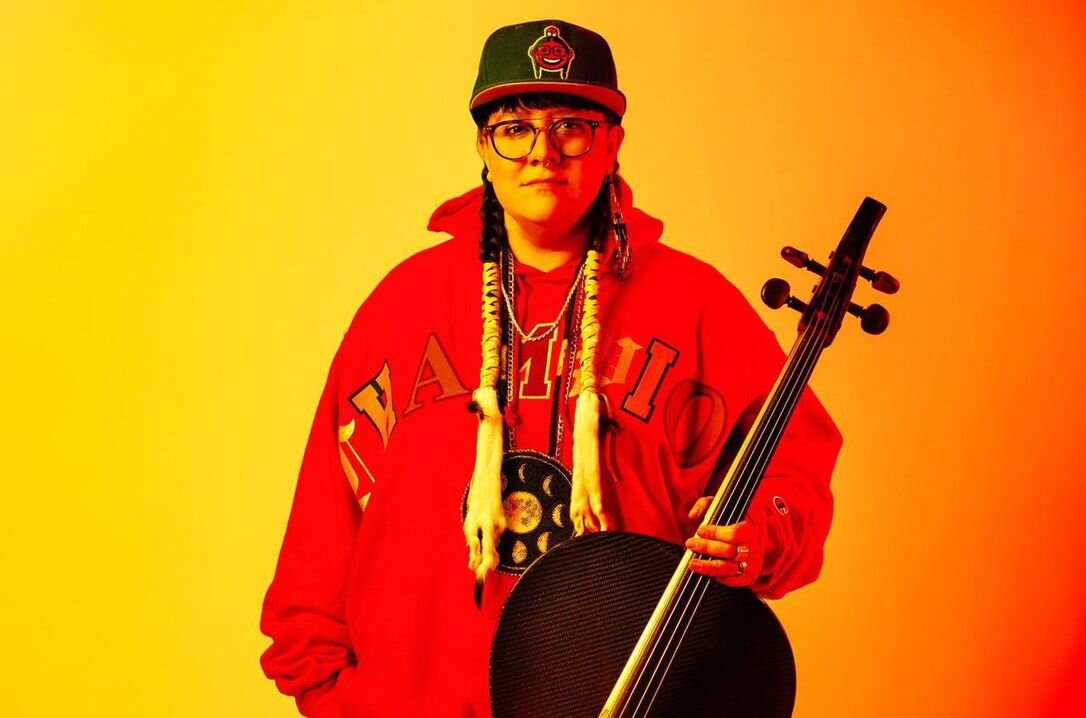

Dr. Anabel Maler, Professor of Music Theory
UBC Professor of Music Theory, Dr. Anabel Maler is a scholar of music theory with interests in music and disability studies, music in Deaf culture, music perception, embodiment and gesture, post-tonal form, and the intersections of music theory, musicology, and ethnomusicology. Dr. Maler was kind enough to to answer a few questions about her current research and what drew her to working in this area.
“I am always amazed by the resilience of music—how it appears in different modalities across different sensory experiences.”
What is your area of research or teaching?
I teach music theory, and my areas of research are in Music and Disability Studies, sign language music, and post-tonal music.
What drew you to working in this area?
My love of music theory in general grew out of a passion for taking apart, thinking about, and writing about music. My work on sign language music and disability studies came out of an interest in American Sign Language, and how it can express musicality as a non-sonic form of music-making.
What surprised you in your research?
My research surprises me constantly! I am always amazed by the resilience of music—how it appears in different modalities across different sensory experiences. Humans love to make and experience music in all kinds of ways.
Do you have any advice for students interested in this area of research?
My advice is to find some good mentors who can help guide and support you.
Watch below: An introduction to Dr. Maler’s work in her recent publication in the Society for Music Theory’s video journal, SMT-V. Dr. Maler also spoke with Classical Nerds about her research in Sign Language Music and Dip Hop—a Deaf or hard-of-hearing artist simultaneously performing vocalized and signed rapping over a looped background beat.
Music as Movement in Signed Song: Analyzing Rosa Lee Timm’s ‘River Song, from Society for Music Theory’s video journal, SMT-V.
“I’d like to suggest that songs like River Song reveal that music can be better defined as organized movement, rather than organized sound. How might this change our understanding of musical expression? What does it mean for movement to become musical?”
Dr. Maler talks to @ClassicalNerd (YouTube) about her research in Sign Language Music and Dip Hop


